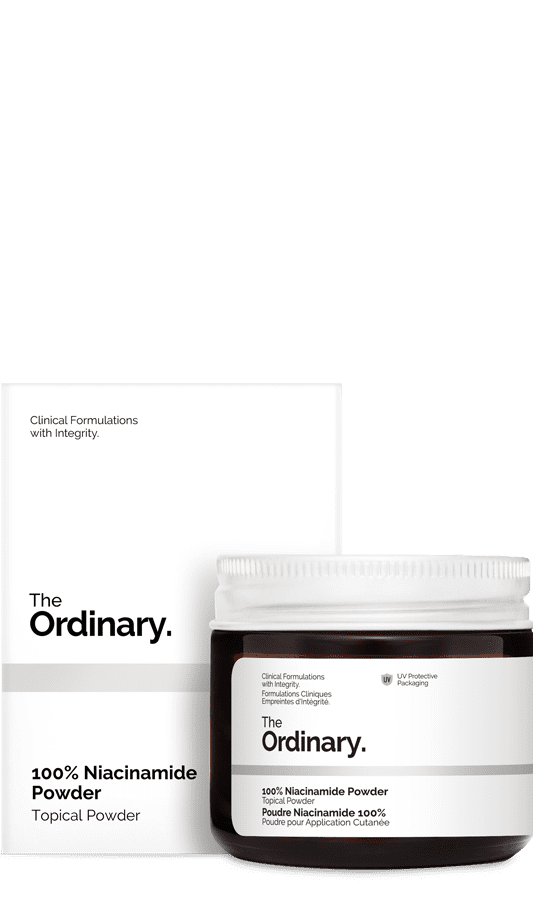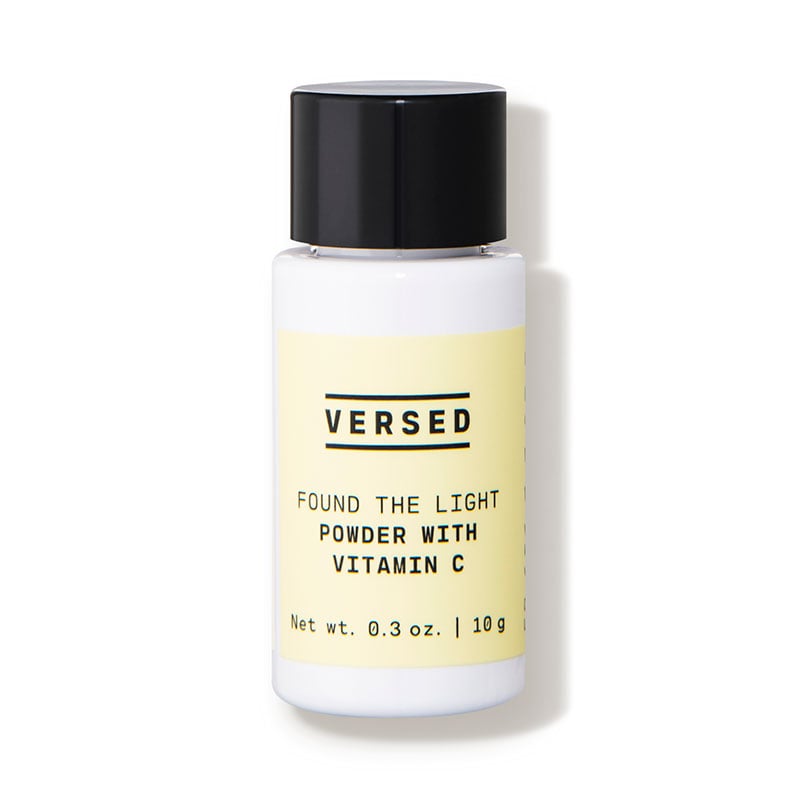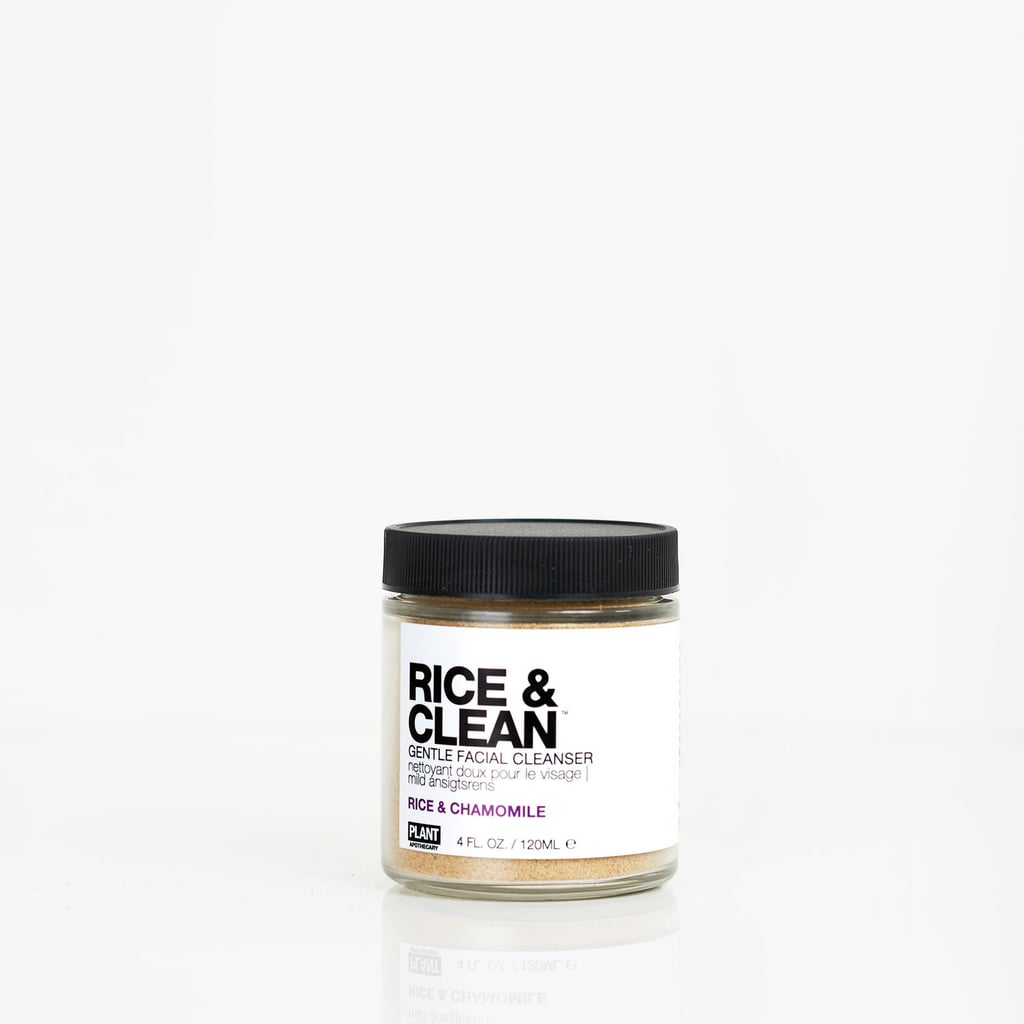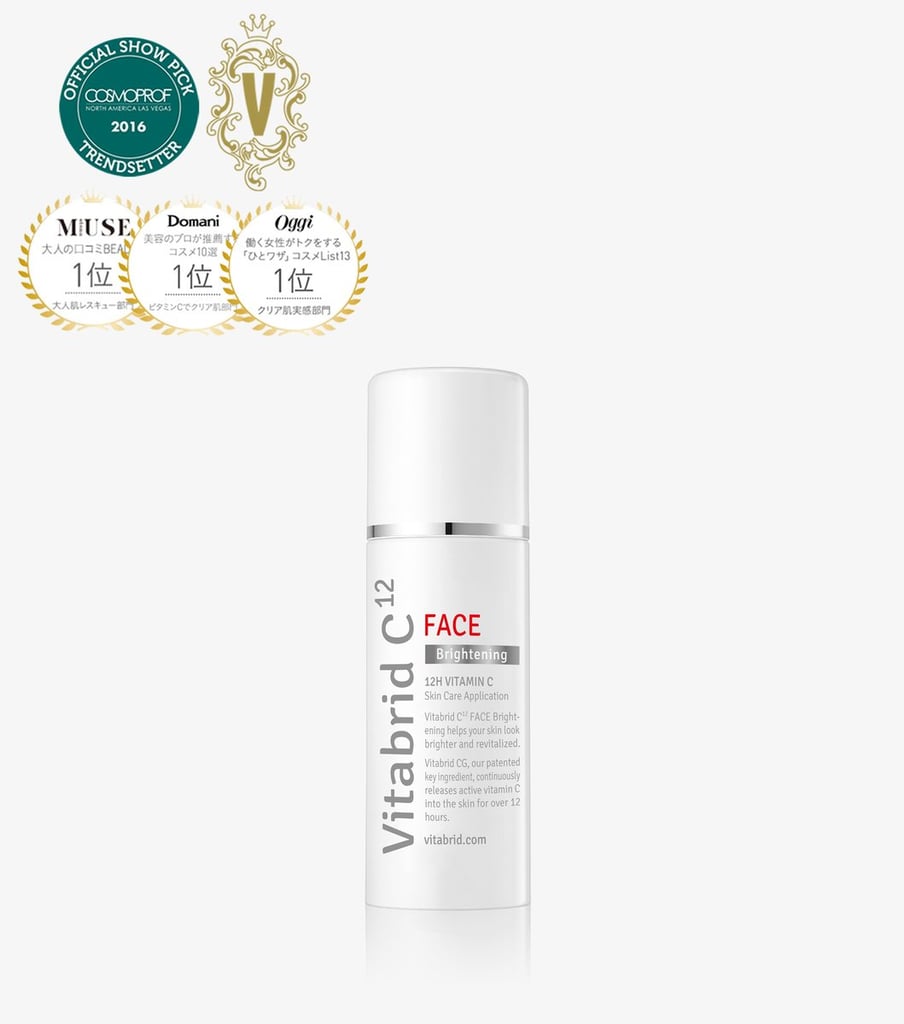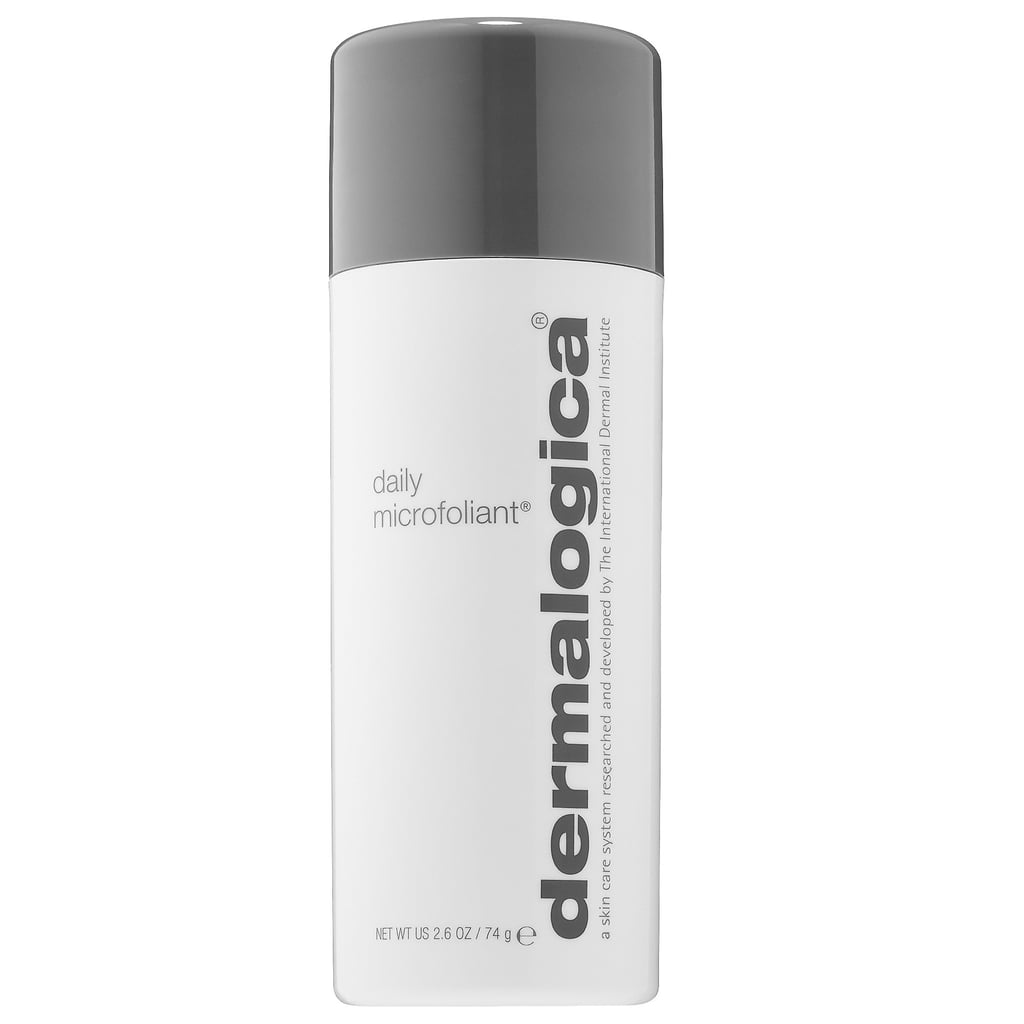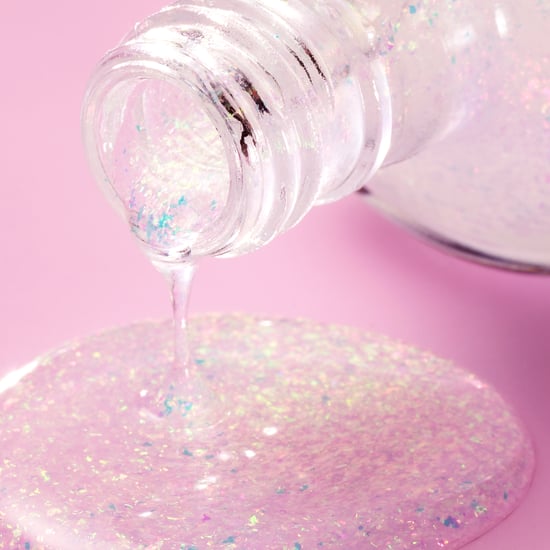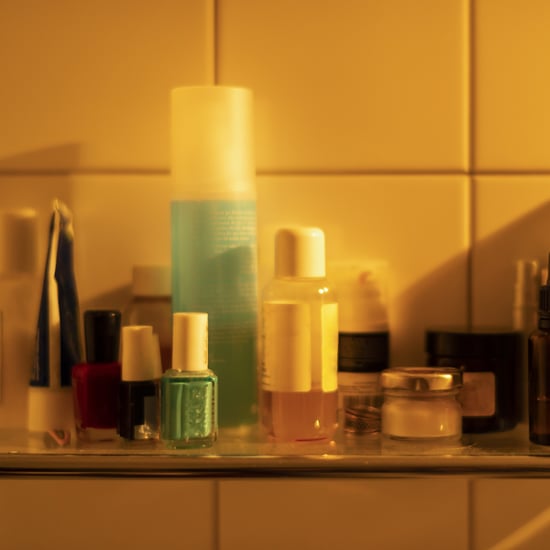Difference Between Skin-Care Powders and Serums?
Skin-Care Powders Are More Economical, but Are They Effective? An Expert Weighs In
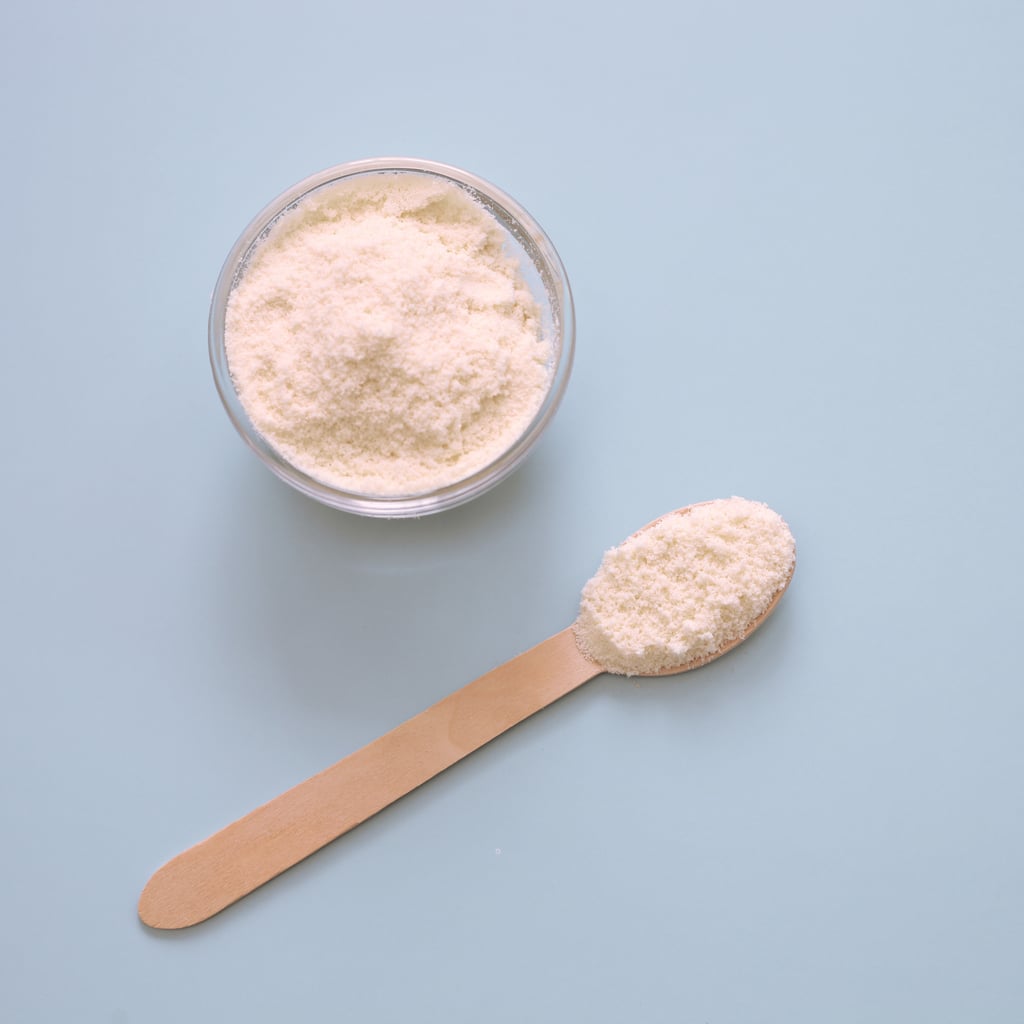
As POPSUGAR editors, we independently select and write about stuff we love and think you'll like too. If you buy a product we have recommended, we may receive affiliate commission, which in turn supports our work.
Skin care is an ever-evolving subject, and it almost seems as though every time we finally get used to the rise of one buzzy trend or ingredient, there's another one that quickly follows in its footsteps to become the next talk of the town. From niacinamide to hyaluronic acid to toner serum hybrids, there is no shortage of options to elevate your skin-care routine. While these don't seem to be changing in popularity any time soon, it appears that waterless products and powders are also slowly becoming the next big thing.
In early August, affordable skin-care brand The Ordinary released a 100 percent Niacinamide Powder that highlights the ingredient itself in its truest form. The powder can be mixed with any water-based product, and according to a product description, "allows the user to personalize their usage based on their preference." But does buying a product or ingredient in the form of a powder — as opposed to a serum, cream, or gel — make it better or more effective? According to dermatologist Tess Mauricio, MD, it depends.
"Skin-care powders can be more effective depending on the ingredient, since the powdered products usually come very concentrated."
"Skin-care powders are some of the most popular and scientifically proven ingredients in their concentrated, anhydrous form," she told POPSUGAR. "By removing water, alcohol, and oil from the formulation, the need for some stabilizers and preservatives, which can result in irritation and allergies, is eliminated. Skin-care powders can be more effective depending on the ingredient, since the powdered products usually come very concentrated."
Powder-based products are also more cost-effective, and they're generally made for consumers to be able to customise them to fit specific needs. But when mixing ingredients without the help of an expert, there's always a slight risk.
"The ability to customise and be your own formulator is attractive but can also be challenging," Dr. Mauricio said. "The inherent challenge for the powders is that instead of having scientists, chemists, and medical professionals determine safe concentrations and product combinations that are tested prior to releasing to the general public, the person at home will essentially be experimenting on themselves. Safety issues and the possibility of irritation can occur, especially for those with more sensitive skin."
If you do choose to test out a powder-based product that's meant to be mixed, make sure you follow the manufacturer's directions when doing so, and read up on all the ingredients you shouldn't combine. You should also discontinue use if you start to feel any irritation after applying the product.
Read ahead to shop some of our favourite powdered skin-care products.
The Ordinary 100% Niacinamide Powder
The Ordinary 100% Niacinamide Powder ($6) is as DIY as it gets. It's meant to be mixed into water-based products to help target specific skin issues like enlarged pores and excess oil, though it's up to you to customise how much of the product you actually want to use. Just be careful not to combine it with any of the ingredients the manufacturer doesn't recommend you mixing it with.
Versed Found The Light Powder With Vitamin C
Vitamin C is known to be somewhat of a tricky ingredient because of the way it oxidises and breaks down when it's exposed to the elements. The Versed Found The Light Powder With Vitamin C ($20) is a more stable version of the ingredient that you can mix with other products to brighten the skin and reduce fine lines and wrinkles.
Plant Apothecary Rice & Clean Gentle Facial Cleanser
Plant Apothecary Rice & Clean Gentle Facial Cleanser ($24) uses rice bran to gently cleanse and soften the skin, while also protecting it from UV damage.
Vitabrid C12 Face Brightening Powder
Vitabrid C12 Face Brightening Powder ($60) is a form of stabilized vitamin C that stays on the skin for up to 12 hours and leaves it looking brighter and tighter.
Dermalogica Daily Microfoliant Exfoliator
The Dermalogica Daily Microfoliant Exfoliator ($59) uses grapefruit, salicylic acid, and other star ingredients to gently clean and brighten the skin while also clearing your pores.

